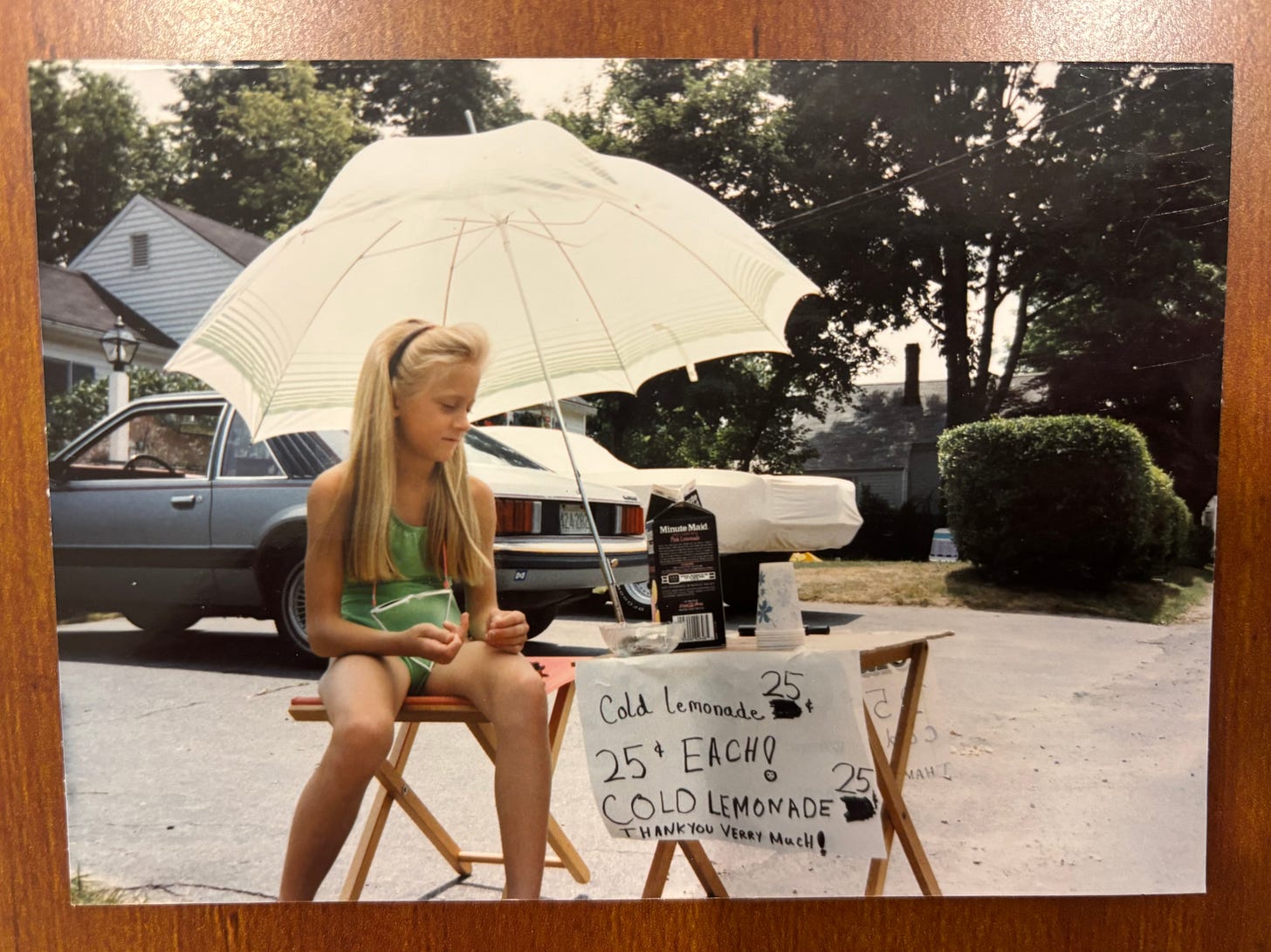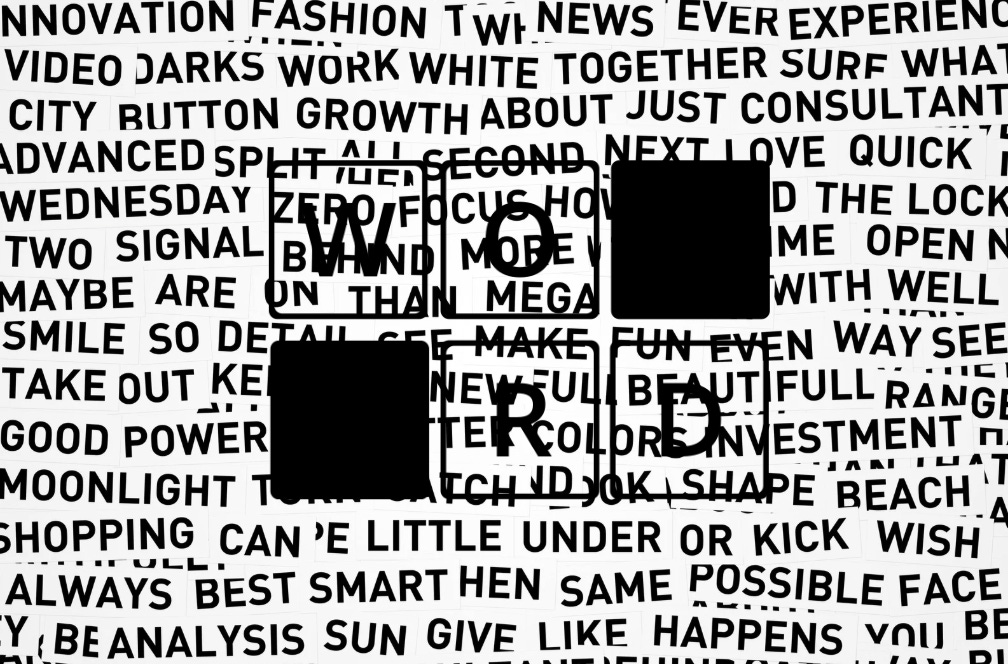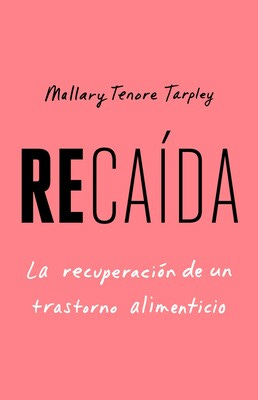When language falls short, writers can create new words
Plus a fun announcement.
As an only child growing up, I spent a lot of my time reading, writing, and crafting. I’d do crafts for an hour or two at a time, coming up with creations that I would give away as birthday presents and sell alongside lemonade in the summer. My favorite creations were what I called refwingems.
Refwingems were plastic stitching discs adorned with glitter glue and gems. I’d attach a string to them so they could be hung up and displayed. One summer, my paternal grandmother hung two of them in her kitchen where they remained for many years. I can still picture them and the conversations they’d spark.
“What are those?” I recall one of her neighbors asking.
“Refwingems!” my grandmother replied, as though everyone should know.
It makes sense why I would have included “gems” in their name, but I don’t know where “refwin” came from. Nevertheless, the neologism became part of my family lingo. When I jokingly told my college friends about refwingems, years after I had stopped making them, they adopted the word too.
Now as a mother, I see my children creating their own set of words.
“Is it burry today?” my 8-year-old son asked me this morning while deciding what to wear to school. I immediately knew what he meant. (Translation: “Is it cold outside today?”) Both my kids say “burry,” drawn from the “brrr” sound we make when shivering in the cold. I let them freely use the word, as I’m not one to correct creations. (I do, however, get a little annoyed when my son constantly says “six seeeeeven!” And I had to laugh earlier this week when I saw that Merriam Webster picked this playfully absurd expression as its “word” of the year.)
My husband and I have our own word creations too. Years ago we came up with the word “titmo” to describe the moment in a movie when the title is mentioned. This neologism originated from a conversation in which I told my husband that I thought it was odd such a word didn’t exist.
“Let’s call it titmo!” he suggested.
“I like it!” I replied. “Let’s adopt it as our own.”
Together, we filled the void of language.
As a journalist, I’ve had to do this a lot when decoding other people’s insider-language — particularly when interviewing police officers and lawyers, who often speak in jargon that’s understood internally but hard to understand externally. These “discourse communities,” as they’re sometimes called, are gated spaces where language can be used to exclude the uninitiated. Writing coach Roy Peter Clark says it’s key for journalists to understand the language of these communities and then offer readers the “keys” to unlock the gate.
To me, so much of writing is about unlocking and unleashing a greater sense of understanding for readers. Coming up with words and terms is one of the ways I do this. At one point in my career I helped develop a storytelling genre that my colleagues and I called “restorative narrative” — stories that show how people and communities make meaningful pathways forward in the aftermath of illness, trauma, or tragedy. We didn’t invent the genre, but by giving it a name, we built a community of support around it and showed that it mattered.
I’ve been doing something similar with my book SLIP, in which I name “the middle place” between acute sickness and full recovery. This place has always existed, and at times it has been described in stigmatizing ways that focus on people’s deficits instead of strengths.
By giving it a name, and by taking a strengths-based approach to defining it, I want to expand our collective language for talking about recovery and open up more avenues for storytelling. As I write in the book:
The language we use to describe sickness and illness tends to be black-and-white: “sick” or “fully recovered.” “Curable” or “terminal.” “Healthy” or “unhealthy.” But there’s a semantic expanse between these pairs of words — a widening of vocabulary that would help us make better sense of eating disorders and recovery from them. …
In her iconic memoir Wasted, Marya Hornbacher refers to her experience with anorexia and bulimia as “a very wordless time” in which she struggled to describe “the inarticulate process” of being sick and working toward wellness. …
About 85 percent of my survey respondents said they have found themselves in the middle place or are still there. Many said they’ve inhabited a middle place for years without ever knowing what to call it. In the presence of a place that seemed ineffable, they remained silent.
Shedding light on new words helps us shatter silence. In the two months since SLIP was published, countless readers have reached out to share their appreciation for the middle place terminology. One reader, for instance, told me: “You’ve given me language to describe where I’m at in recovery, and now I feel like I can talk about it with others.”
While giving a talk earlier this week at my alma mater, Providence College, the event organizer said my efforts to create language around the middle place reminded her of Betty Friedan’s work. Friedan famously coined the term “feminine mystique” to describe the assumption that women would be fulfilled by their children, marriage, sex lives, and housework alone.
In her landmark book by the same name, Friedan encourages women to break free from this mystique. Published in 1963, her book is widely credited with sparking second-wave feminism in the U.S. and was referred to as “the year’s most controversial bestseller.” Like so many bold ideas and books, it was met with popularity and pushback.
In the spirit of Friedan, I love thinking about how the creation of new words and phrases can help us break free from limiting language that no longer serves us well (or maybe never did in the first place).
And so I encourage you to pay attention to moments when you’re at a loss of how to communicate something on the page. It’s not necessarily because you don’t have anything to say or write; it may be that the language doesn’t yet exist. I think about this, for instance, whenever I write about being a motherless daughter. We have the words "widow” and “widower,” but there’s not a word in the English language to describe a daughter who has lost a mother.
When you come across similar situations, could you perhaps create a related word? Or can you see if one exists in another language? (I double majored in Spanish and English in college and always loved coming across Spanish words that didn’t exist in English.)
As you consider these questions, remember that the best writers and artists are bold in their approaches, and they carve out new territory even when they’re afraid to do so. As the painter Georgia O’Keeffe once said: “I’ve been absolutely terrified every moment of my life — and I’ve never let it keep me from doing a single thing I wanted to do.”
Whether you’re crafting your own version of refwingems or defining a new mystique, let your fears and uncertainties steer (rather than stifle) your creativity.
Speaking of other languages, I’m excited to announce that my book SLIP is going to be translated into Spanish!
The translation is part of a new partnership between Simon & Schuster and Urano World Publishing Group. Under this partnership, a select number of impactful titles will be translated into Spanish, for distribution in Spain and Latin America. The Spanish version of SLIP, titled Recaída, will be published under the Primero Sueño Press imprint and is now available for pre-order. It will be published on June 16, 2026.
I’m thrilled that SLIP was selected for translation because it means the book will reach an even wider audience in the U.S. and internationally. There aren’t nearly enough eating disorder resources for Spanish-speaking people struggling with eating disorders, so I’m glad they’ll soon be able to access SLIP in their native language. SLIP is also now available in Canada, the U.K., and Australia.






Congrats on the Spanish translation! (BTW, Equip just released results of a survey that reiterates how great a need there is: https://equip.health/articles/news-and-research/eating-disorders-latinx-research)
I am really interested in Narrative Medicine and have attended some workshops at Columbia (are you familiar with their program?), and this essay is connecting a lot of dots for me and generating some new ideas, too!
Two language tidbits! My favorite French word that doesn't translate into English is dépaysé. It's literal translation is disorientation, but it's bigger than that - it's being in a new place and feeling completely adrift from your home/where you're originally from. 'Pays' is the French word for country, so that's the root of it.
You mentioned no word for a daughter without a mother - it makes me think of 'The Missing Word' by Conchita De Gregorio. It's a heavy book, but she deals directly with the fact that there is no word to describe someone who has lost their children.